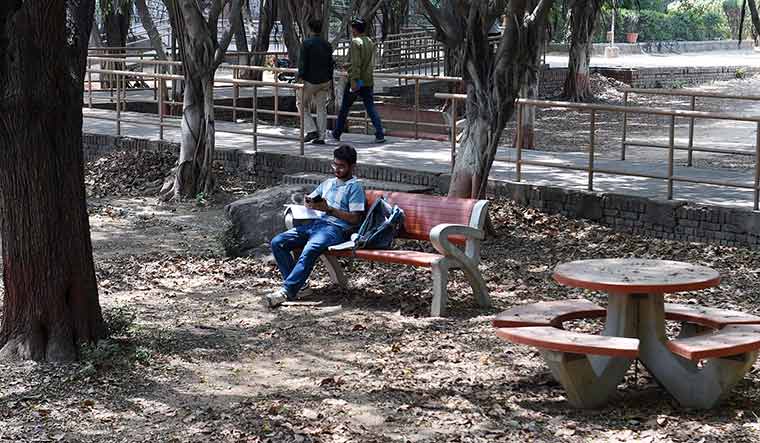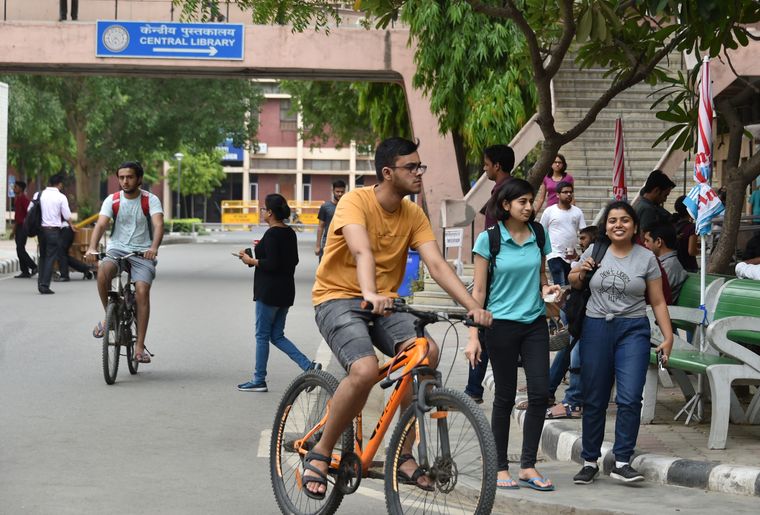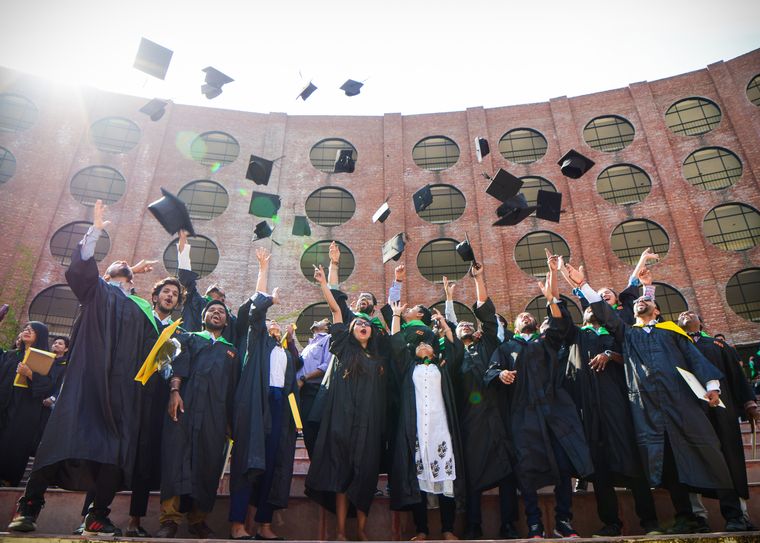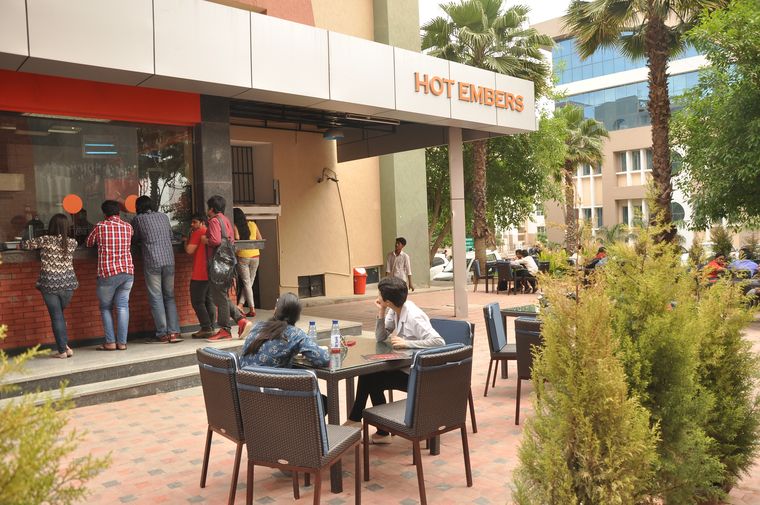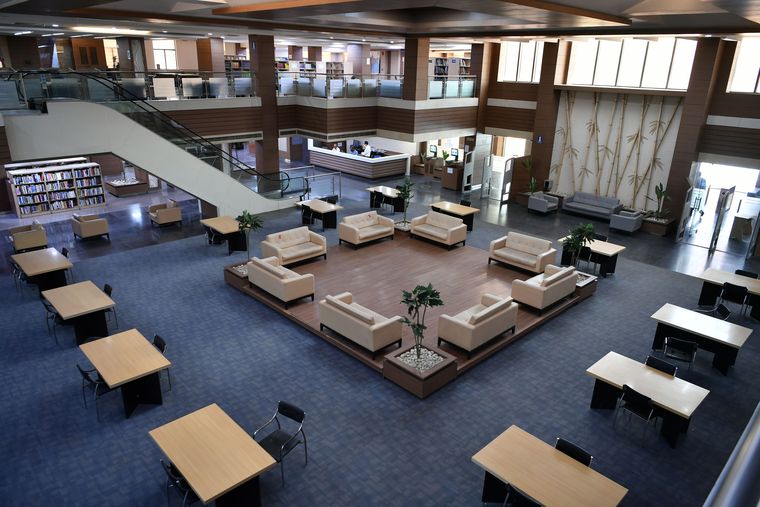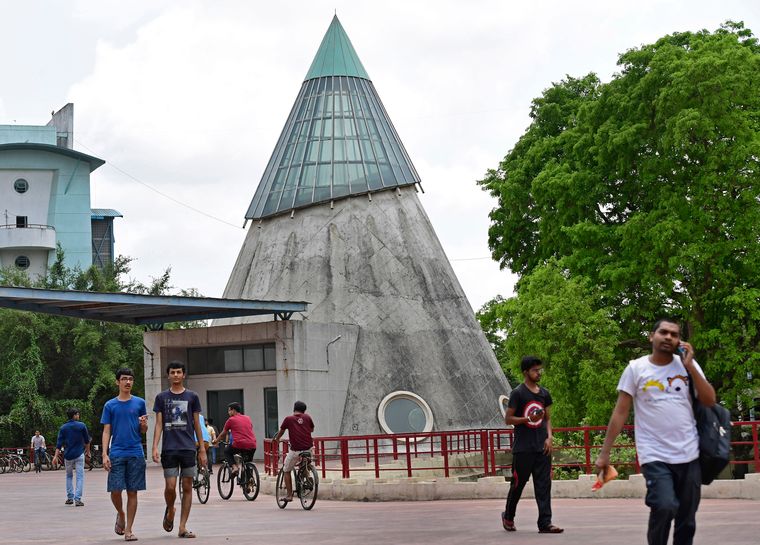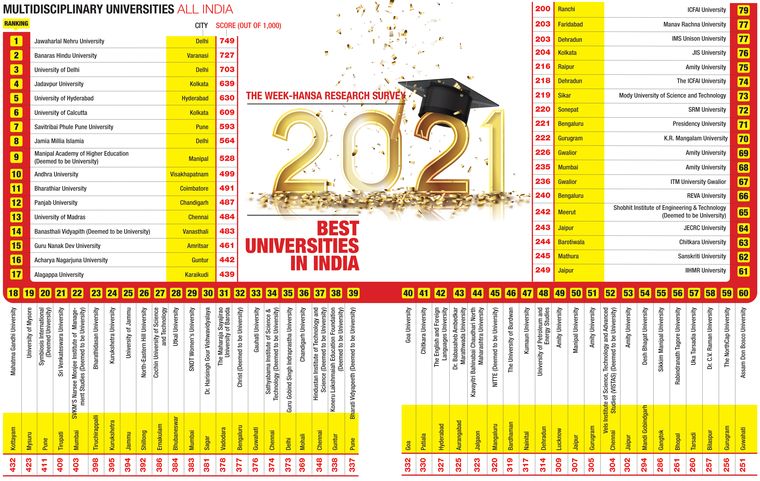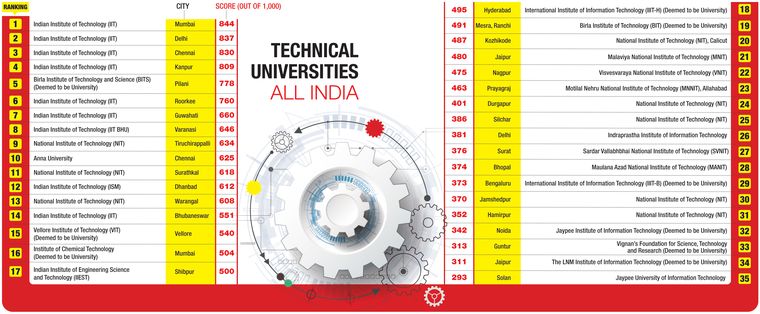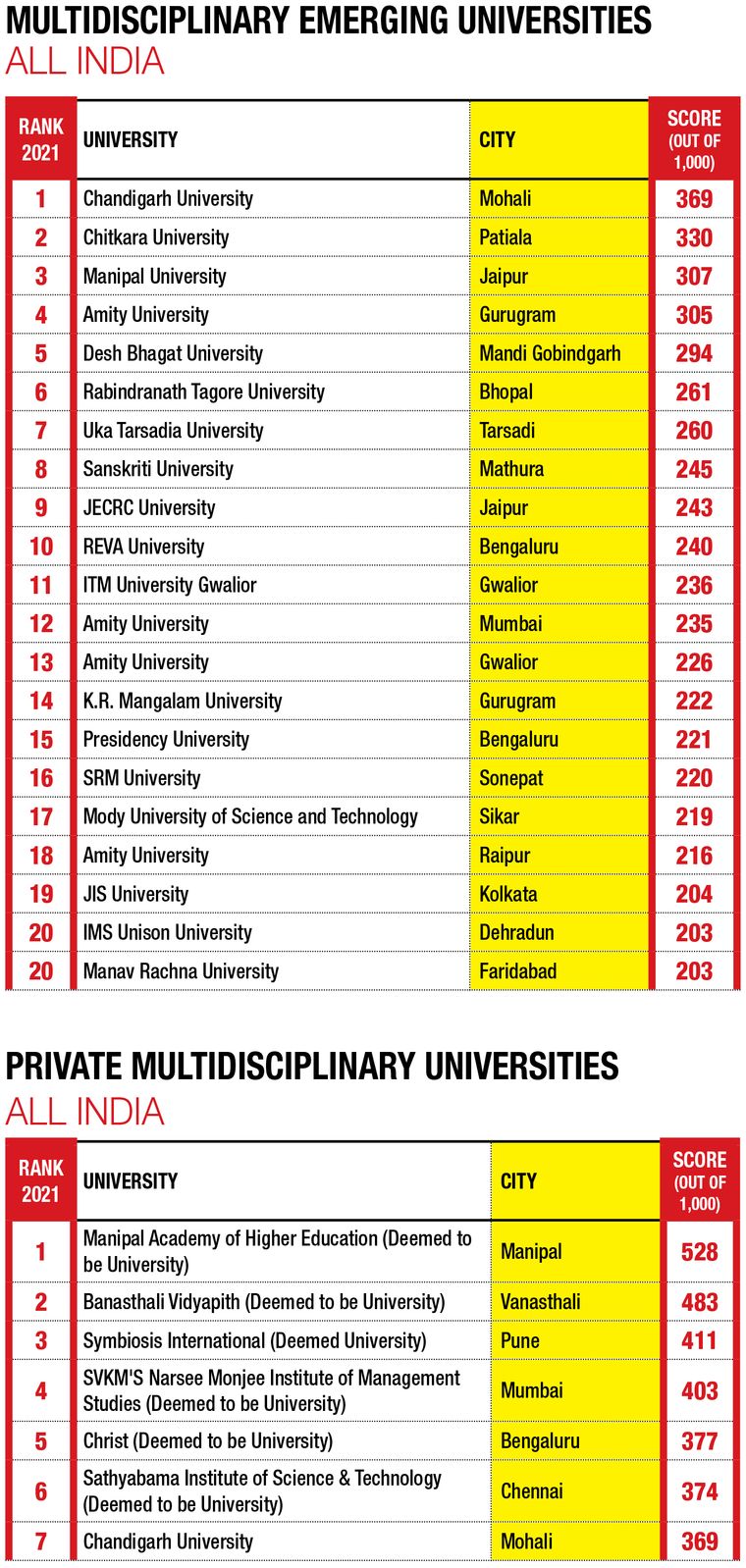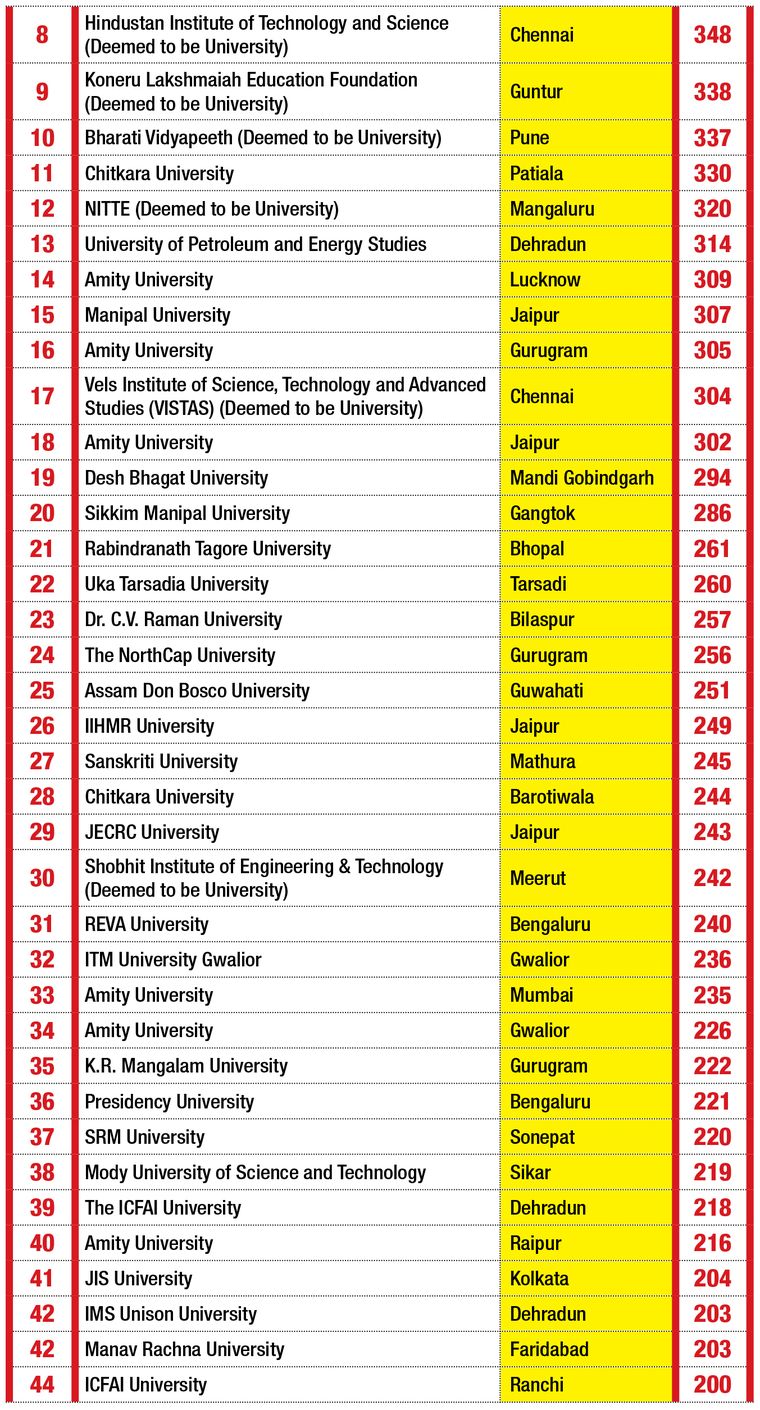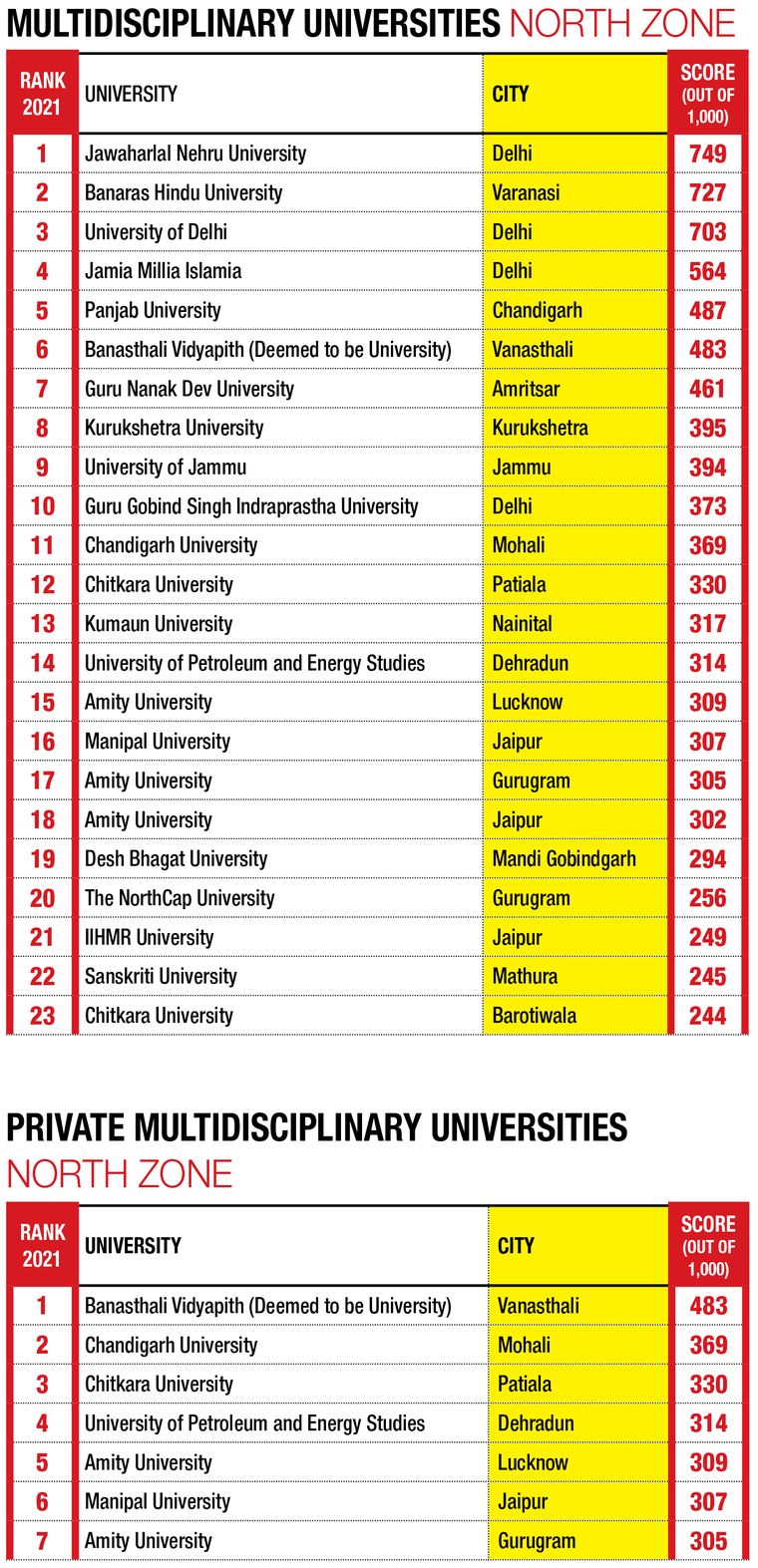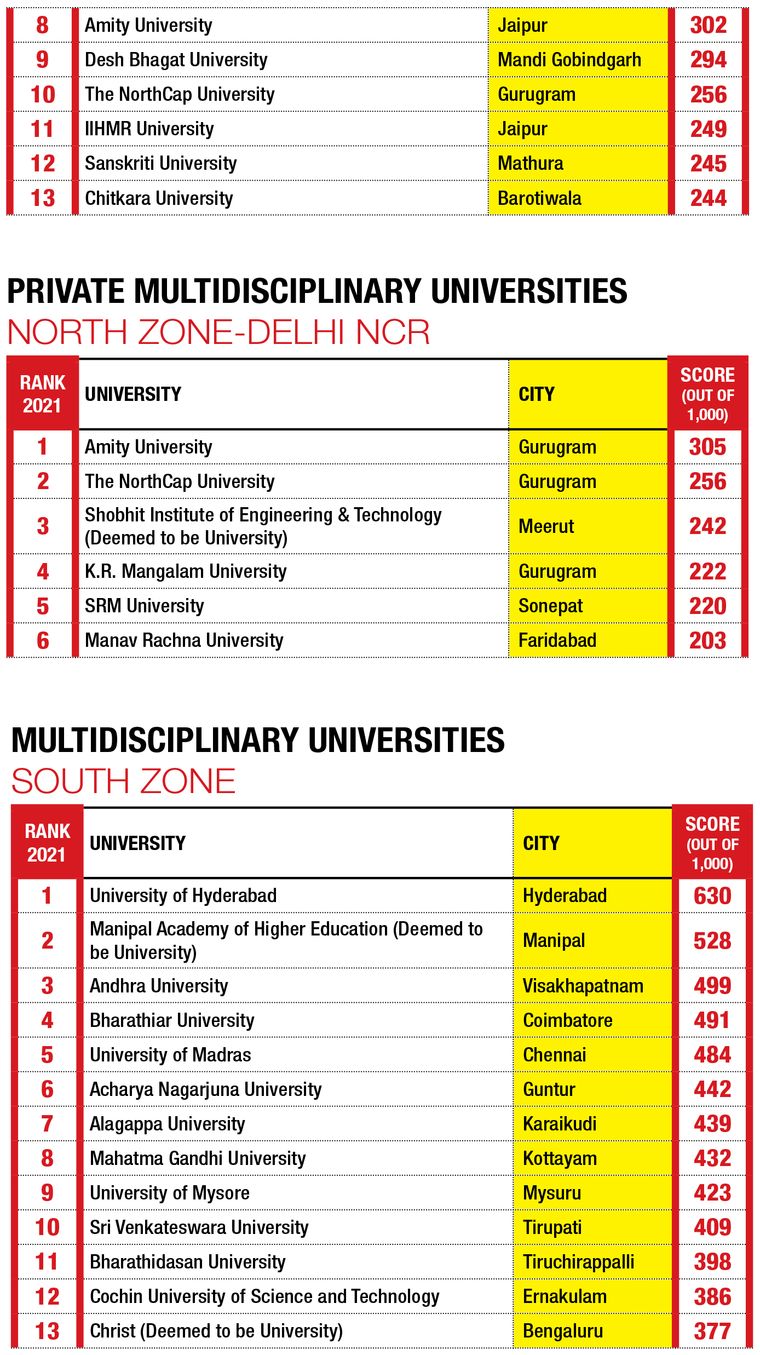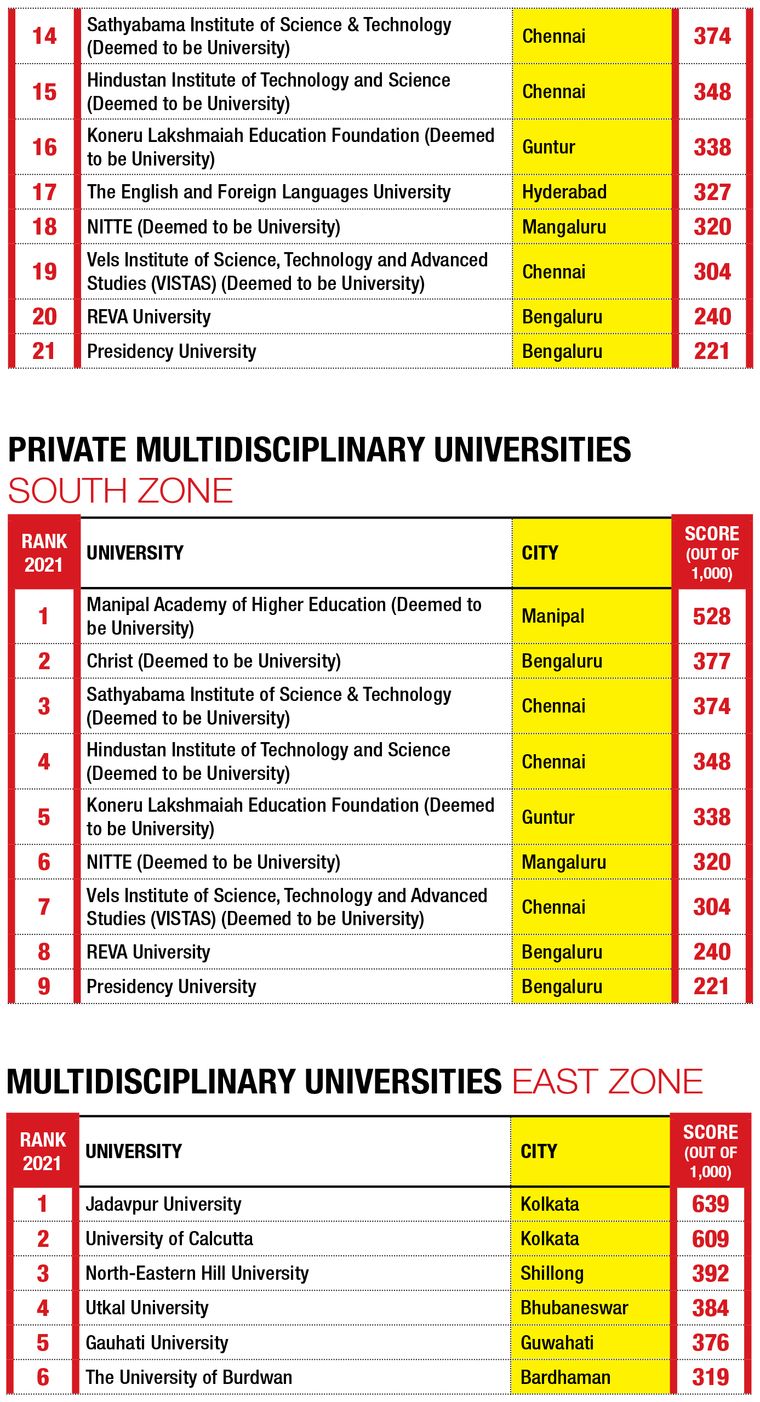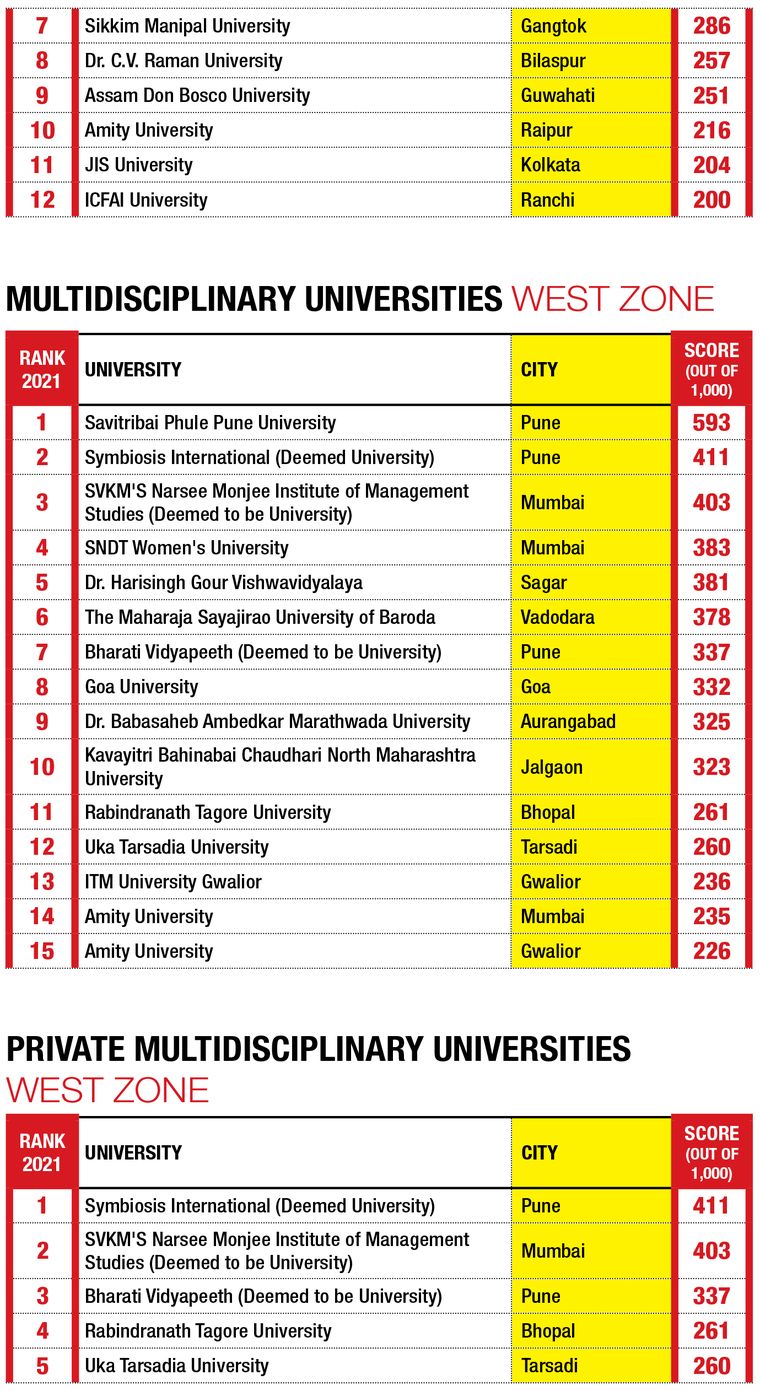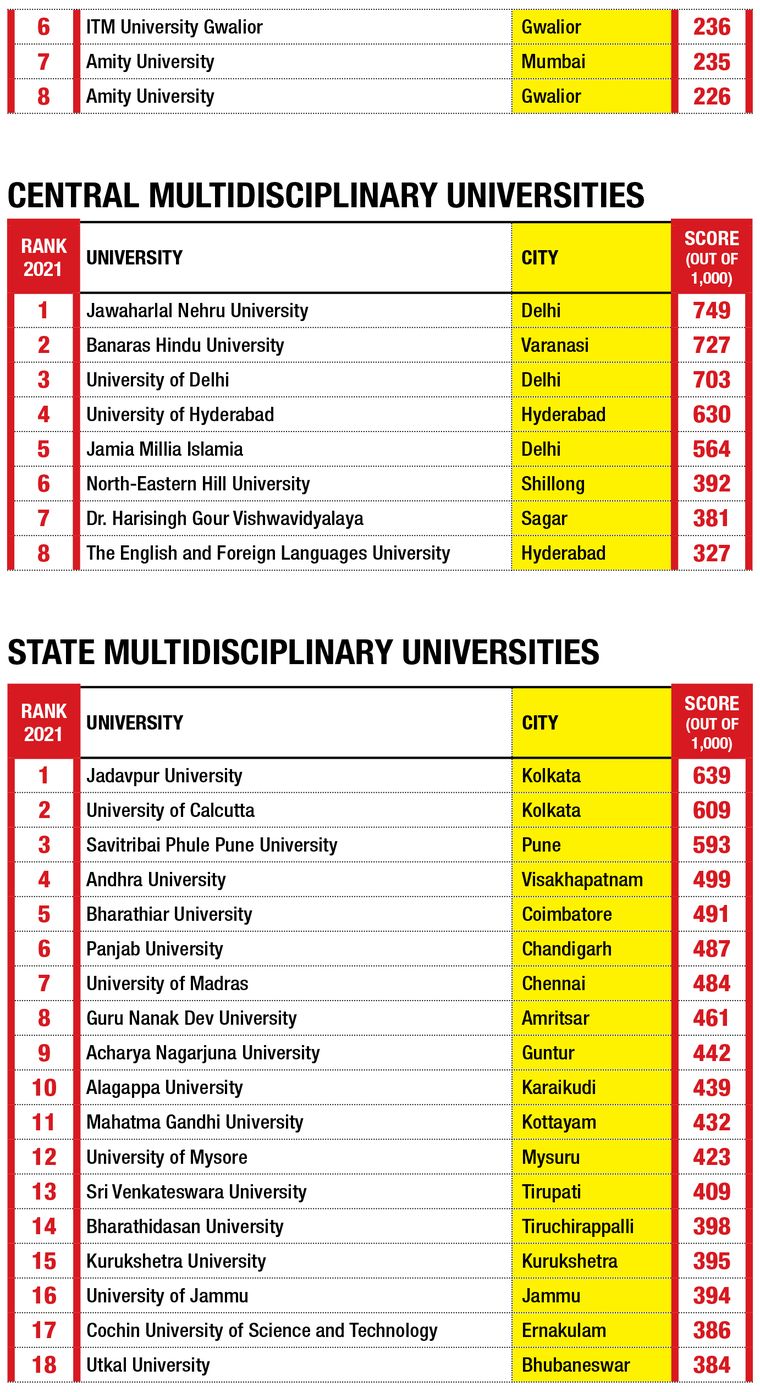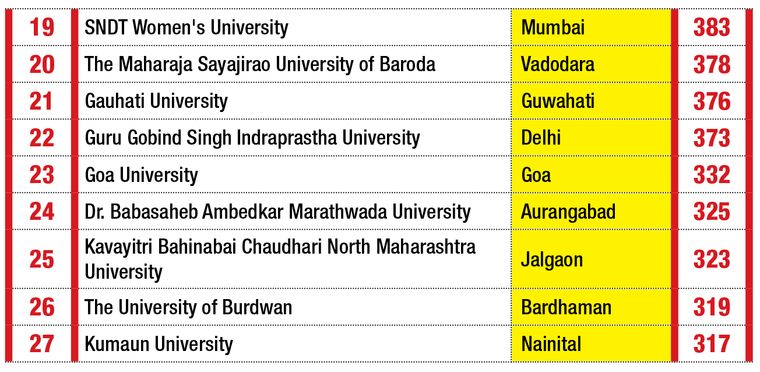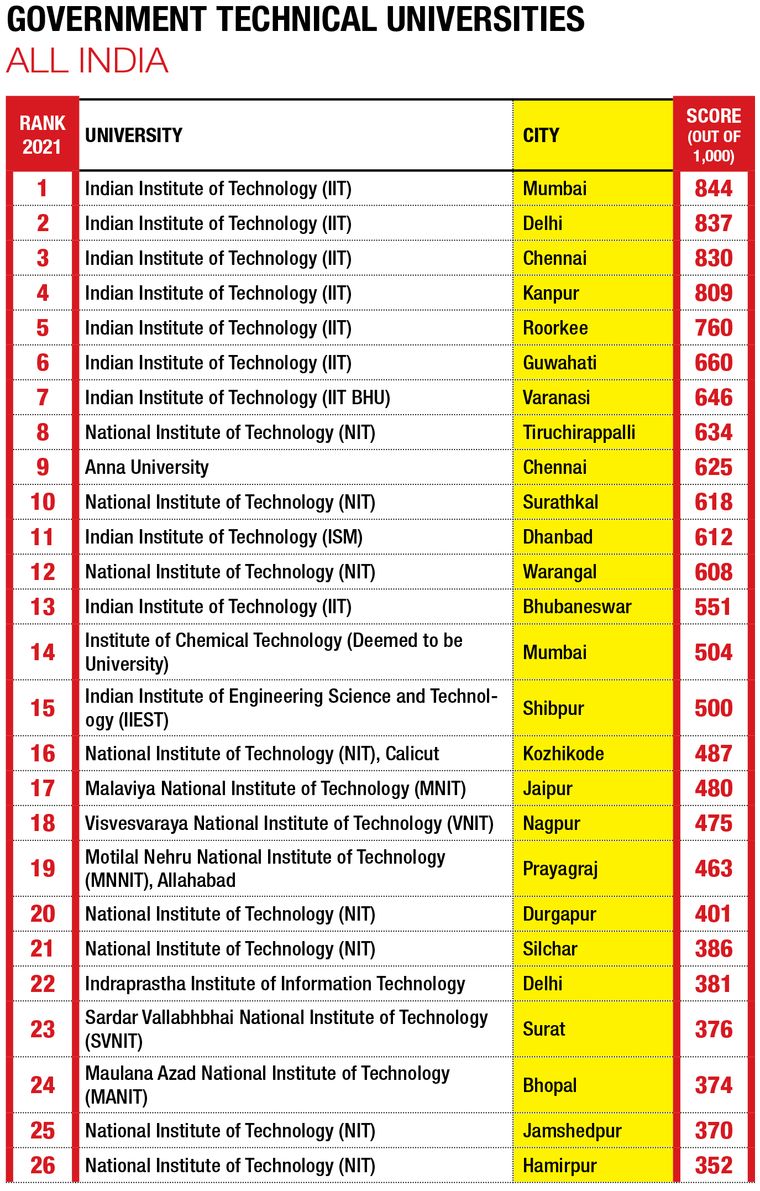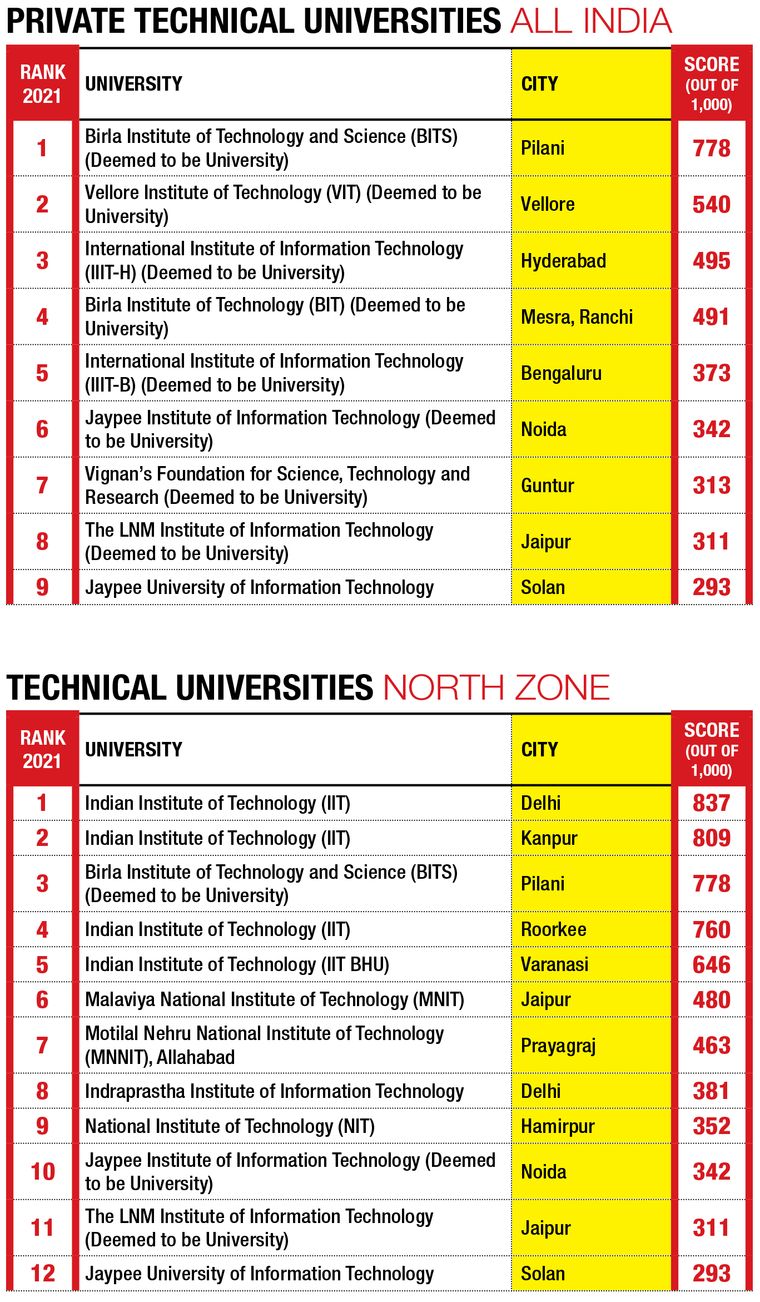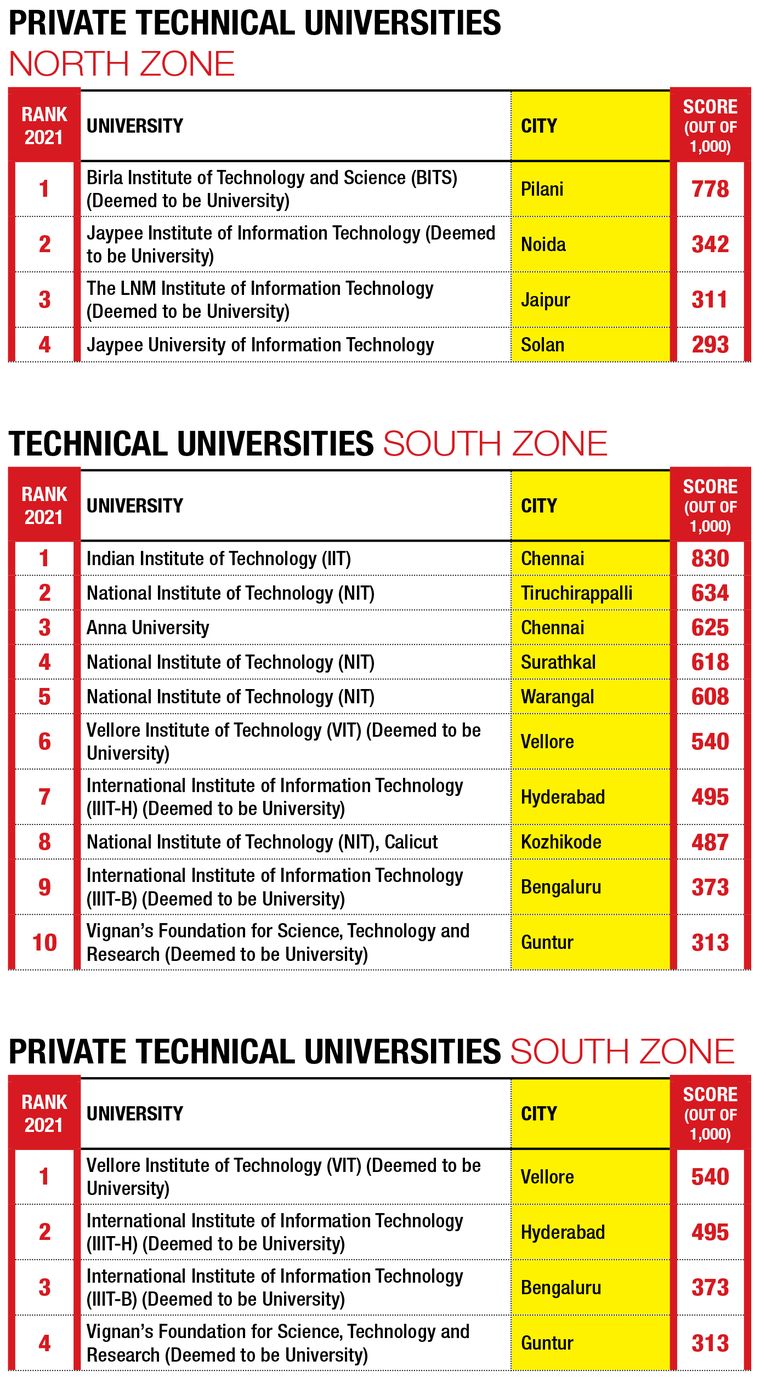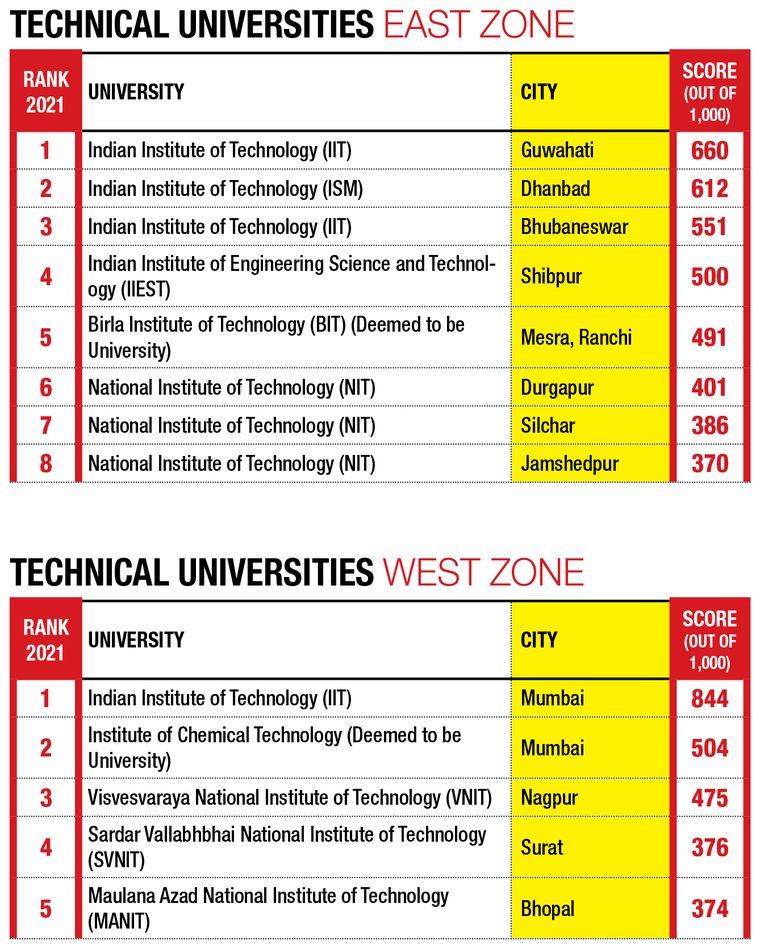Tel Aviv University now has a course called ‘viruses and how to beat them’. It helps one to learn how to “make better vaccination decisions”. But, Indian colleges and universities need not feel far behind when we talk about a Covid-19-compliant curriculum. The pandemic has ushered in dramatic changes in the way we think about health and science as a scholarly preoccupation.
Last year, Lucknow University started a postgraduate diploma course on epidemiology and biostatistics. This has been made an integral part of its master’s in public health. Ambedkar University, too, rolled out a master’s in public health. Covid-19 has also left an imprint on the Indian Institute of Technology Guwahati’s BTech, MTech and PhD courses as an elective on molecular virology of the coronaviruses has been added.
Only time will determine if these courses portend better preparedness to fight disease outbreaks, but it does indicate how higher education has to reckon with rapid changes driven by a global health disaster.
Universities and colleges are adapting to contemporary demands by introducing new academic courses. Emphasising the need to pivot to increased online learning, Professor S.C. Sharma, director, National Assessment and Accreditation Council (NAAC), holds out the ambitious hope for a digital transformation in higher education. “In the last two years, many factors, including the pandemic, have shaped the way higher education institutions (HEIs) are functioning,” he said. “There has been a perceptible shift in the mindset of students and academic fraternity as such and new-age courses based on the industry requirements have gained prominence. Some of them like artificial intelligence, machine learning, data analytics and robotics, have gained prominence because of inherent demand as well as the pandemic.”
Sharma added that NAAC has ventured into revised accreditation framework (RAF), a new way of assessment which is 70-80 per cent data based. “The RAF is objective and has resulted in drastic changes from qualitative peer judgment to data-based quantitative indicator evaluation,” he said. “This has enhanced objectivity and transparency.”
On July 8, after the swearing-in of the new Union Education Minister Dharmendra Pradhan, Prime Minister Narendra Modi called for a larger role to be played by technological and research and development institutions, which will be heralding “India’s Techade”. IITs and the Indian Institute of Science Bangalore will soon offer online degree courses. IIT Kanpur is ready to start an e-master’s in cybersecurity communication, and IISc Bangalore will launch an e-master’s in data science business analytics.
Technical and research universities are always at the forefront in offering forward-looking courses which respond to emerging needs and necessities. IIT Delhi is in the process of establishing a new department called the department of energy science and engineering to expand the scope and depth of activities being undertaken by its 45-year-old Centre for Energy Studies. The new department would offer a BTech in energy engineering starting from the 2021-2022 academic year, with an intake of 40 students qualifying JEE (Advanced). It is expected to open up design, analysis and research jobs in sectors such as defence, aerospace, automotive, shipping, biomechanics and biomedical devices.
IIT Delhi has also launched an undergraduate programme called BTech in materials engineering for JEE (Advanced) 2020 qualified candidates. The IIT’s spanking new centre for optics and photonics will study fundamental properties of light and how to harness them in practical applications. A new post graduate programme—MTech in electric mobility—is also on the anvil. It is multidisciplinary in nature and will cover aspects related to electric vehicles, drivetrain, charging infrastructure, automotive health monitoring, vehicular telematics and the like.
The institute will also start a new post graduate programme—master of public policy—with a focus on science, technology and innovation, and development. “The new courses have come after long-drawn internal processes and discussions which took almost two years to complete,” said Shantanu Roy, dean (academic), IIT Delhi. “The graduates who enter this year would complete their programmes only in two years (for masters) and four years (for BTech), by when we expect the situation to normalise and plenty of employment opportunities [to be available].”
Roy added that the courses were in line with the vision of the National Education Policy, 2020. He said that internal discussions were being conducted on the academic bank of credits (ABC). “The ABC standard will require the alignment of the credit systems in all participating institutions in the country and abroad,” he said.
One of the most bandied about features of NEP 2020 is its flexibility. The ABC is one of the ways to facilitate the movement of students in and out of programmes, and from one course to another, by letting them store and transfer “academic credits” in a so-called bank. Some universities say they are already offering students the flexibility enshrined in the NEP. “We have a choice-based credit system wherein an engineering student can learn vocal music,” said Bhaskar Chakravarty, director (admissions), Amity University, Noida. “In principle, we were already into it. NEP has given it a stamp of approval.” He added that relevant technology-focused courses had been rolled out in the last two years, including master’s in fields like medical microbiology and molecular chemistry, and bachelor’s in robotics and mechatronics.
Many of the reform-driven changes in education have been hotly debated for years, especially by liberal arts colleges and universities. But, the pandemic has suddenly forced everyone to adapt. The University Grants Commission’s draft rules for blended learning saw protests from several quarters around how the hybrid mode perpetuates a digital divide, but the need to evolve and prepare for a fuzzy future has been made all too present since 2020.
“We are a traditional university,” said Delhi University Vice Chancellor P.C. Joshi. “BA (hons) in political science, english, economics, physics and chemistry, are some of our most popular courses. There are progressive ideas in the NEP; we are trying to break away from the conservative way education was imparted, like being bound to a particular stream. With NEP, education will become more holistic and multidimensional. But at Delhi University, it will not be a total transformation. It will be taken up slowly, year by year, without drastically disturbing the existing structure.”
However, Joshi does not see any harm in blended learning. According to him, it facilitates transformation of pedagogy in sync with the available technology. “In the last one year, we have seen how we can link to the world,” he said. “We can have lectures from anybody, anywhere in the world whereas previously, when it was an exclusively physical mode, you had to invite somebody, arrange for their hotel and airfare and only then could they come. But, now, I look at department webinars and they are having the who’s who from the world in a hassle-free way. It is because of technology.”
P. Kaliraj
Vice chancellor, Bharathiar University
Because of the critical health problem faced globally, more attention must be given to health care, which includes diagnosis (biotechnology, microbiology, nanotechnology), therapeutics and drug discovery (botany, chemistry, bioinformatics).
***
The younger generation, while choosing their career, should ascertain their domain strength and surmise the societal need in the long run.
Aditya Berlia
Cofounder and pro-chancellor, Apeejay Stya University
Because of the impact of Covid-19, information technology, data analytics, graphic design, health care, pharmaceuticals and allied fields have come front and centre. Further, because of global regulatory changes and a continuous increase in tax terrorism, there is a vast need for company secretaries and compliance officers.
Sunil Rai
Vice chancellor, UPES
Aspirants should study the market and choose courses that are trending or are in high demand globally. Also, students may choose any field, [but] it is the responsibility of the universities to prepare them for the industry. Industry is continually moving towards new technologies that requires multidisciplinary knowledge covering technical and non-technical areas.
Ashok Mittal
Chancellor, Lovely Professional University
At present, industry-driven courses are dominating the education sector. Industry-oriented education is where traditional subjects are taught in the context of application of that knowledge in industry. Needs of the hour can demand more revolutionary ways and trends of knowledge dissemination from us.
Devinder Narain
Director (corporate relations), Shobhit University
The first and foremost factor [in choosing a course/discipline] is understanding the course/discipline the student is interested in. Ask your parents, guardians, teachers and peers about the technology of the future. They must remember one thing, change is constant, but it has increased its speed, so students need to get ready for change.
Satnam Singh Sandhu
Chancellor, Chandigarh University
The new education policy (NEP 2020) will equip students with the skills of the 21st century, which includes critical thinking, creativity, collaboration, curiosity and communication. The NEP offers flexibility and [focuses on the] development of industry-oriented skills for the students. It has been drafted keeping in mind the thoughts, needs and aspirations of today’s youth.
G. Jayakumar
Registrar, Bharati Vidyapeeth
Interdisciplinary and multidisciplinary courses are on the rise. Transdisciplinary courses will be the future. Technological innovations will drive the demand for different courses. The trend will mostly be changing according to drastic global changes, but will always require focus on popularity of courses based on competency building, cognitive skill development, entrepreneurship and vocational courses.
Prashant Bhalla
President, Manav Rachna Educational Institutions
A major contributing factor while selecting a course/discipline is the employability of students. The research and development strengths of an institution are another parameter. Fostering an ‘innovation’ eco-system is the need of the hour. And that is something every student must focus upon while deciding their area of interest.
Research Methodology
THE WEEK and Hansa Research conducted the Best University Survey 2021 to rank the best multidisciplinary and technical universities in the country. Universities recognised by the UGC, offering full-time postgraduate courses in at least two disciplines, and having graduated at least three postgraduate batches were eligible.
A separate list for emerging universities is included in the report. These are the multidisciplinary universities which have been established in 2010 and thereafter.
A primary survey was conducted with 259 academic experts, spread across 15 cities. They were asked to nominate and rank the top 20 universities in India. Perceptual score for a university was calculated based on the number of nominations by the experts and the ranks they assigned.
For factual data collection, a dedicated website was created and the link was sent to universities. Fifty-nine universities responded within the stipulated time; one was rejected as it did not meet the eligibility criteria. Factual score was calculated using the information collected from universities and other secondary sources on age and accreditation, infrastructure and other facilities, faculty, research and academics, student intake and exposure, and placements (only for technical universities).
Composite score = Perceptual score (out of 400) + factual score (out of 600)
Some universities could not respond to the survey. For these universities, composite score was derived by combining the perceptual score for the university with an interpolated factual score based on their position in the perceptual score list.


